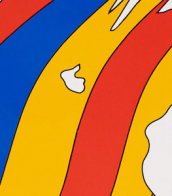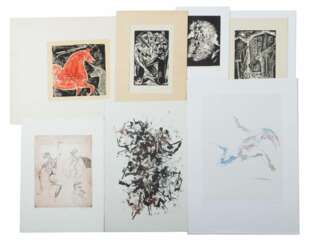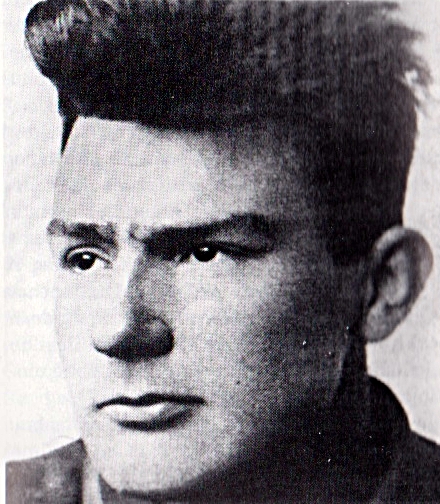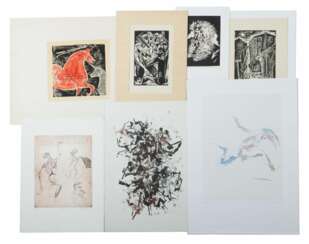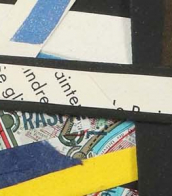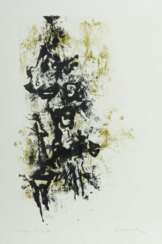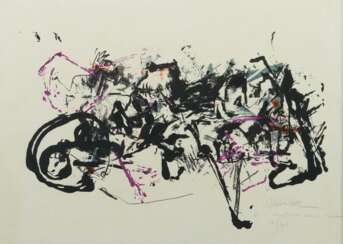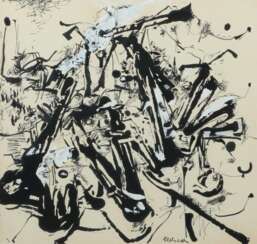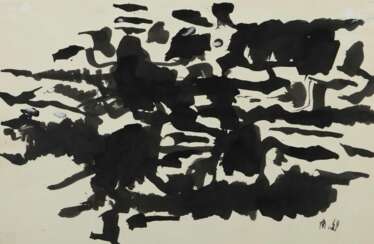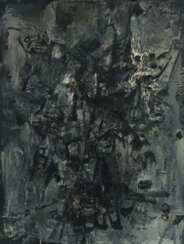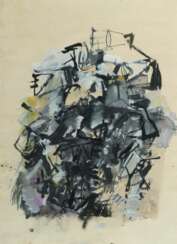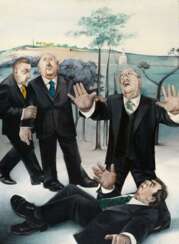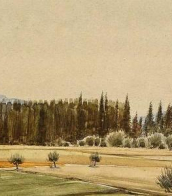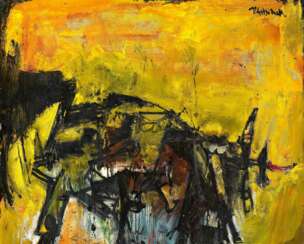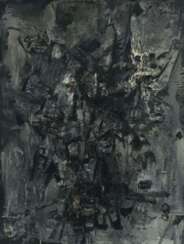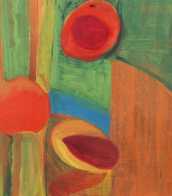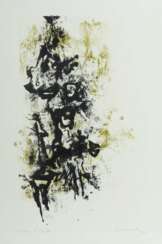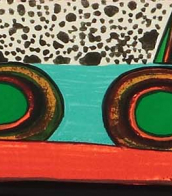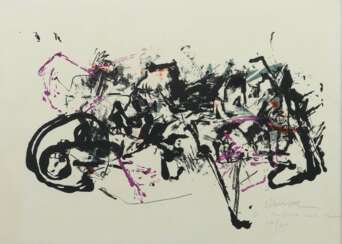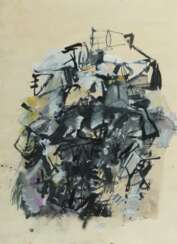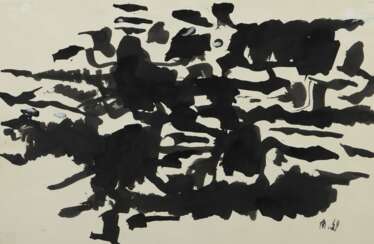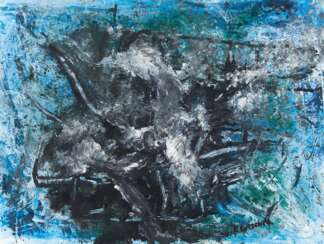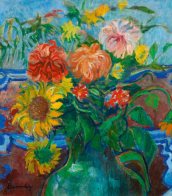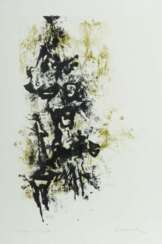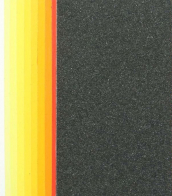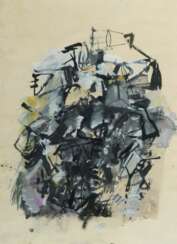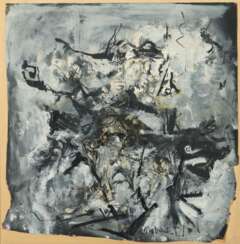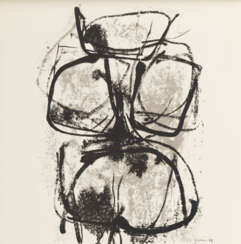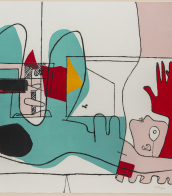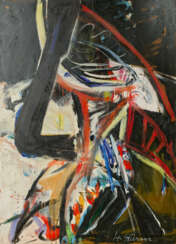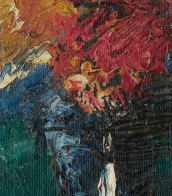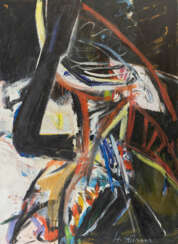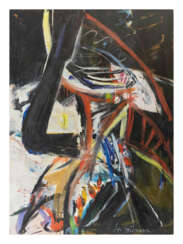hans platschek
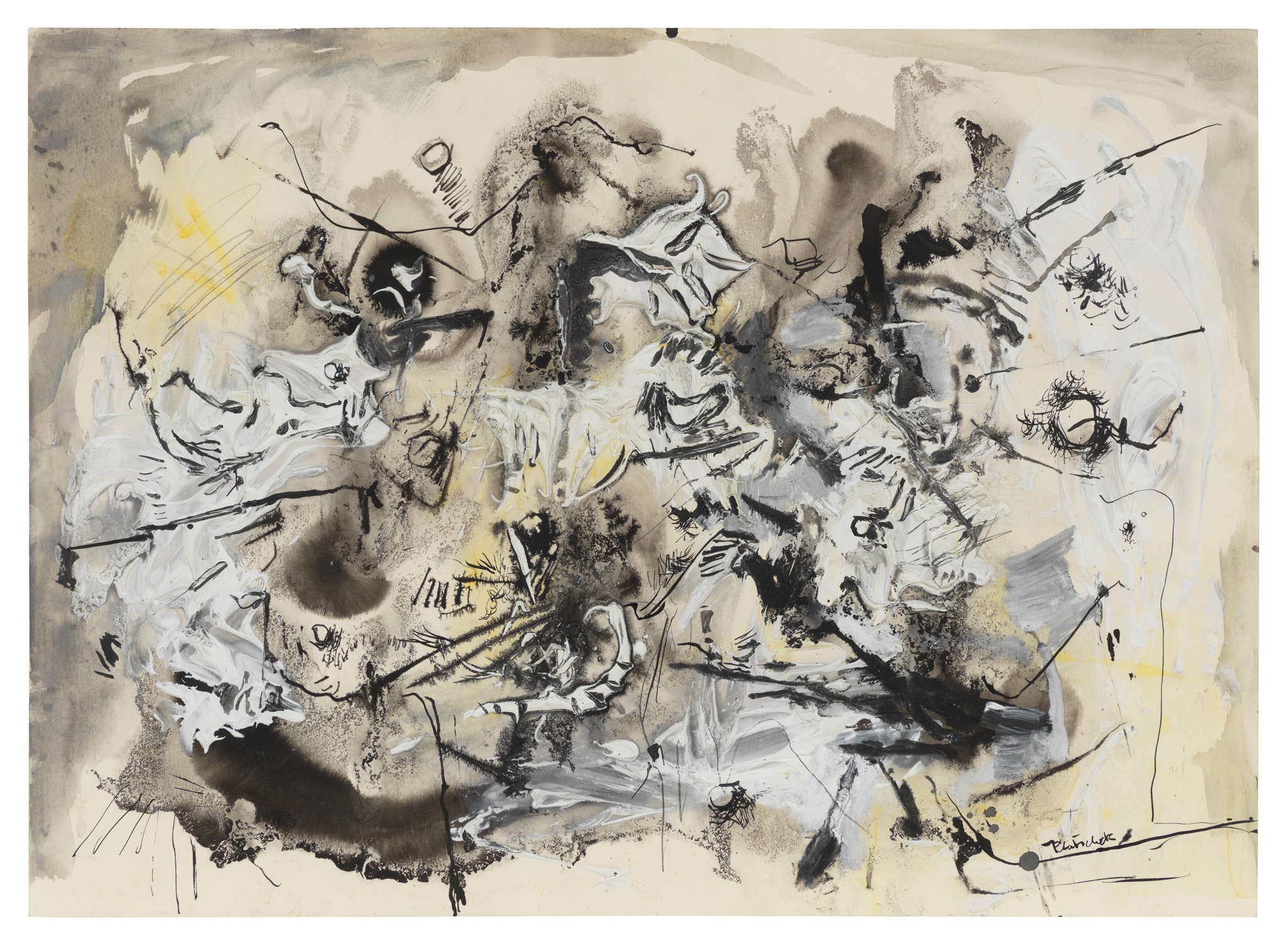
Hans Platschek was a German artist, art critic and writer.
Hans Platschek gained recognition as an artist of Tachism or Informel. But by the time the abstract, automatic art of Informel had gained international recognition, he had already shown an interest in the new figuration. He was fiercely critical of pop art as 'consumer art'.
Placzek's essays, which only on the surface appear to be polemical, made him a household name among the art interested public outside Germany from the 1960s onwards. Even today many connoisseurs consider his texts to be of great freshness and clarity.
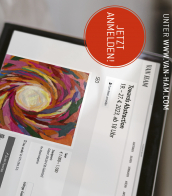

Hans Platschek was a German artist, art critic and writer.
Hans Platschek gained recognition as an artist of Tachism or Informel. But by the time the abstract, automatic art of Informel had gained international recognition, he had already shown an interest in the new figuration. He was fiercely critical of pop art as 'consumer art'.
Placzek's essays, which only on the surface appear to be polemical, made him a household name among the art interested public outside Germany from the 1960s onwards. Even today many connoisseurs consider his texts to be of great freshness and clarity.
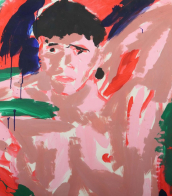

Hans Platschek was a German artist, art critic and writer.
Hans Platschek gained recognition as an artist of Tachism or Informel. But by the time the abstract, automatic art of Informel had gained international recognition, he had already shown an interest in the new figuration. He was fiercely critical of pop art as 'consumer art'.
Placzek's essays, which only on the surface appear to be polemical, made him a household name among the art interested public outside Germany from the 1960s onwards. Even today many connoisseurs consider his texts to be of great freshness and clarity.


Hans Platschek was a German artist, art critic and writer.
Hans Platschek gained recognition as an artist of Tachism or Informel. But by the time the abstract, automatic art of Informel had gained international recognition, he had already shown an interest in the new figuration. He was fiercely critical of pop art as 'consumer art'.
Placzek's essays, which only on the surface appear to be polemical, made him a household name among the art interested public outside Germany from the 1960s onwards. Even today many connoisseurs consider his texts to be of great freshness and clarity.


Hans Platschek was a German artist, art critic and writer.
Hans Platschek gained recognition as an artist of Tachism or Informel. But by the time the abstract, automatic art of Informel had gained international recognition, he had already shown an interest in the new figuration. He was fiercely critical of pop art as 'consumer art'.
Placzek's essays, which only on the surface appear to be polemical, made him a household name among the art interested public outside Germany from the 1960s onwards. Even today many connoisseurs consider his texts to be of great freshness and clarity.


Hans Platschek was a German artist, art critic and writer.
Hans Platschek gained recognition as an artist of Tachism or Informel. But by the time the abstract, automatic art of Informel had gained international recognition, he had already shown an interest in the new figuration. He was fiercely critical of pop art as 'consumer art'.
Placzek's essays, which only on the surface appear to be polemical, made him a household name among the art interested public outside Germany from the 1960s onwards. Even today many connoisseurs consider his texts to be of great freshness and clarity.


Hans Platschek was a German artist, art critic and writer.
Hans Platschek gained recognition as an artist of Tachism or Informel. But by the time the abstract, automatic art of Informel had gained international recognition, he had already shown an interest in the new figuration. He was fiercely critical of pop art as 'consumer art'.
Placzek's essays, which only on the surface appear to be polemical, made him a household name among the art interested public outside Germany from the 1960s onwards. Even today many connoisseurs consider his texts to be of great freshness and clarity.

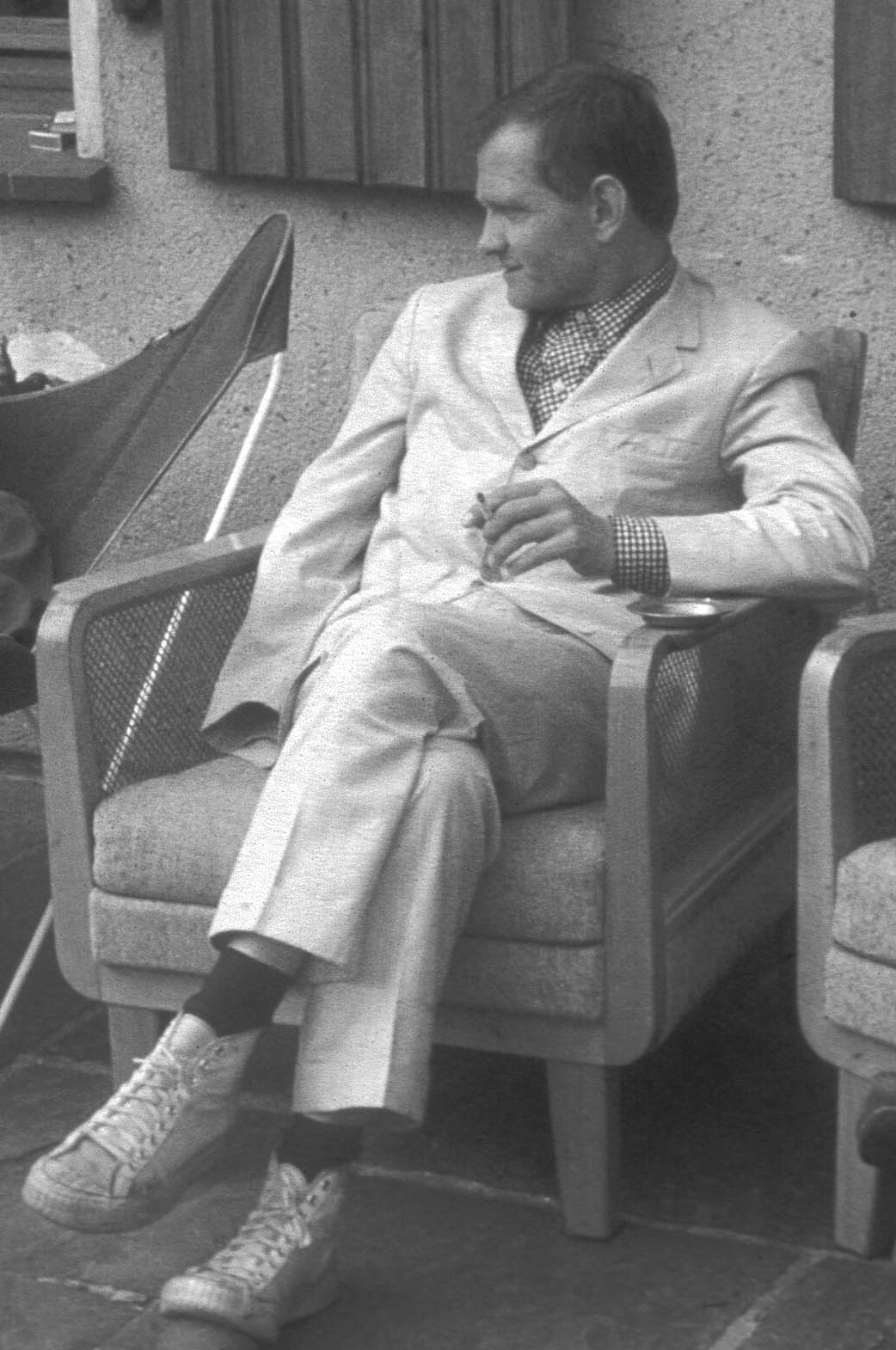
K.R.H. Sonderborg (Kurt Rudolf Hoffmann) was a German painter, graphic artist, university professor and from 1980 for several years prorector of the State Academy of Fine Arts Stuttgart.

Hans Platschek was a German artist, art critic and writer.
Hans Platschek gained recognition as an artist of Tachism or Informel. But by the time the abstract, automatic art of Informel had gained international recognition, he had already shown an interest in the new figuration. He was fiercely critical of pop art as 'consumer art'.
Placzek's essays, which only on the surface appear to be polemical, made him a household name among the art interested public outside Germany from the 1960s onwards. Even today many connoisseurs consider his texts to be of great freshness and clarity.
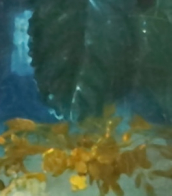

Hans Platschek was a German artist, art critic and writer.
Hans Platschek gained recognition as an artist of Tachism or Informel. But by the time the abstract, automatic art of Informel had gained international recognition, he had already shown an interest in the new figuration. He was fiercely critical of pop art as 'consumer art'.
Placzek's essays, which only on the surface appear to be polemical, made him a household name among the art interested public outside Germany from the 1960s onwards. Even today many connoisseurs consider his texts to be of great freshness and clarity.
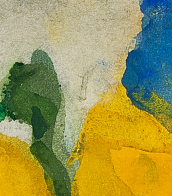

Hans Platschek was a German artist, art critic and writer.
Hans Platschek gained recognition as an artist of Tachism or Informel. But by the time the abstract, automatic art of Informel had gained international recognition, he had already shown an interest in the new figuration. He was fiercely critical of pop art as 'consumer art'.
Placzek's essays, which only on the surface appear to be polemical, made him a household name among the art interested public outside Germany from the 1960s onwards. Even today many connoisseurs consider his texts to be of great freshness and clarity.
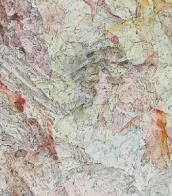
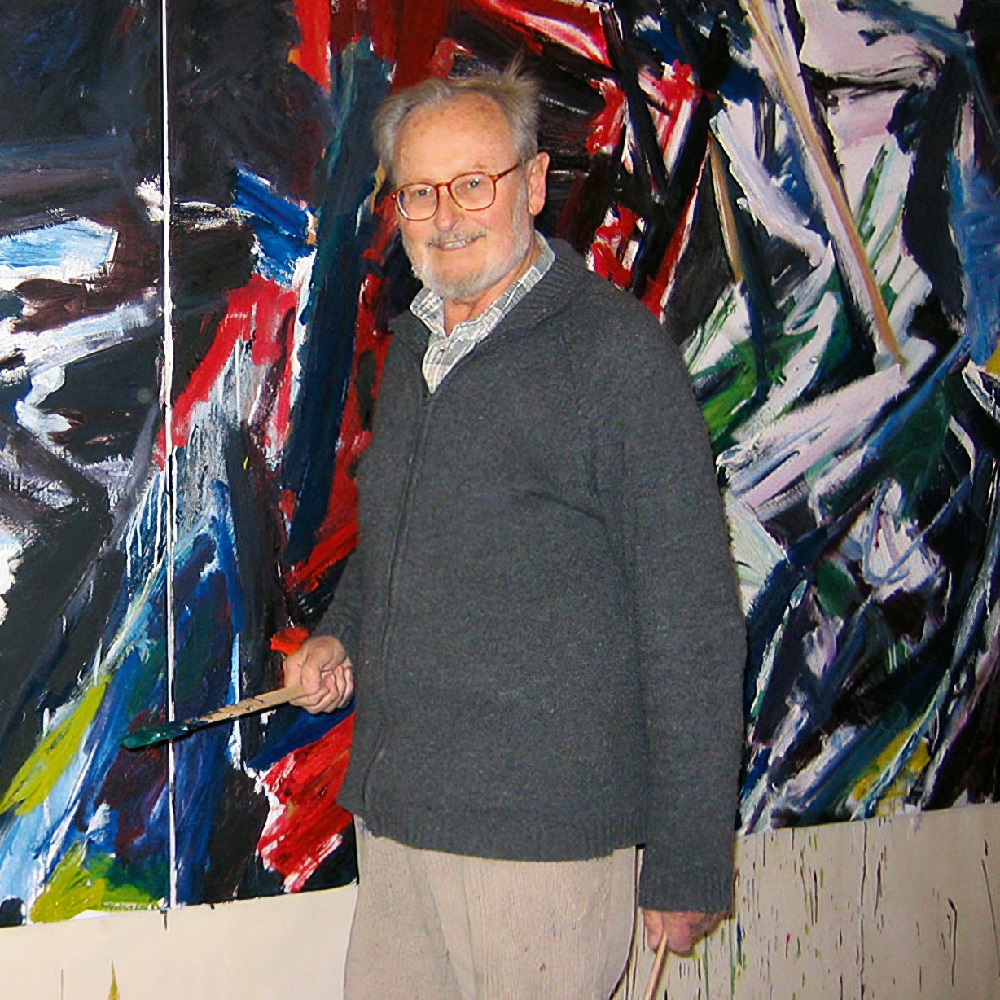
Helmut Sturm was a German painter.
From 1952 to 1958, he studied at the Akademie der Bildenden Künste, Munich. After this he joined Heimrad Prem, Lothar Fischer and Hans-Peter Zimmer in founding Gruppe SPUR, which in 1959 entered the Situationist International.
From 1980 to 1982, he was guest professor at the Hochschule der Künste, Berlin, taking over Hann Trier's class. He continued to exhibit across Germany and from 1985 to 1998 was professor at the Akademie der Bildenden Künste, Munich.
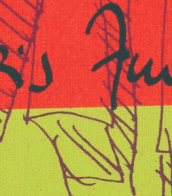

Helmut Sturm was a German painter.
From 1952 to 1958, he studied at the Akademie der Bildenden Künste, Munich. After this he joined Heimrad Prem, Lothar Fischer and Hans-Peter Zimmer in founding Gruppe SPUR, which in 1959 entered the Situationist International.
From 1980 to 1982, he was guest professor at the Hochschule der Künste, Berlin, taking over Hann Trier's class. He continued to exhibit across Germany and from 1985 to 1998 was professor at the Akademie der Bildenden Künste, Munich.
